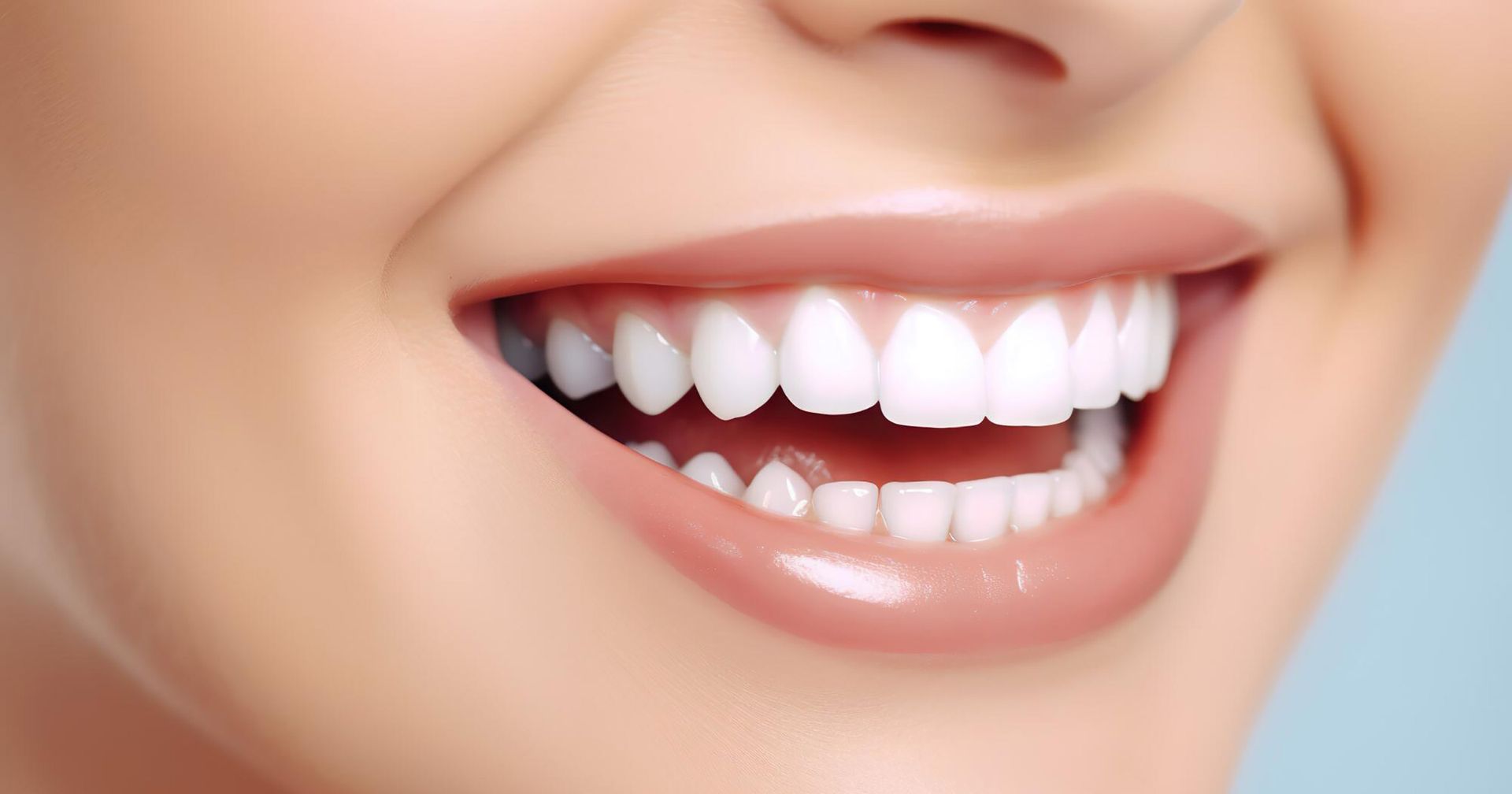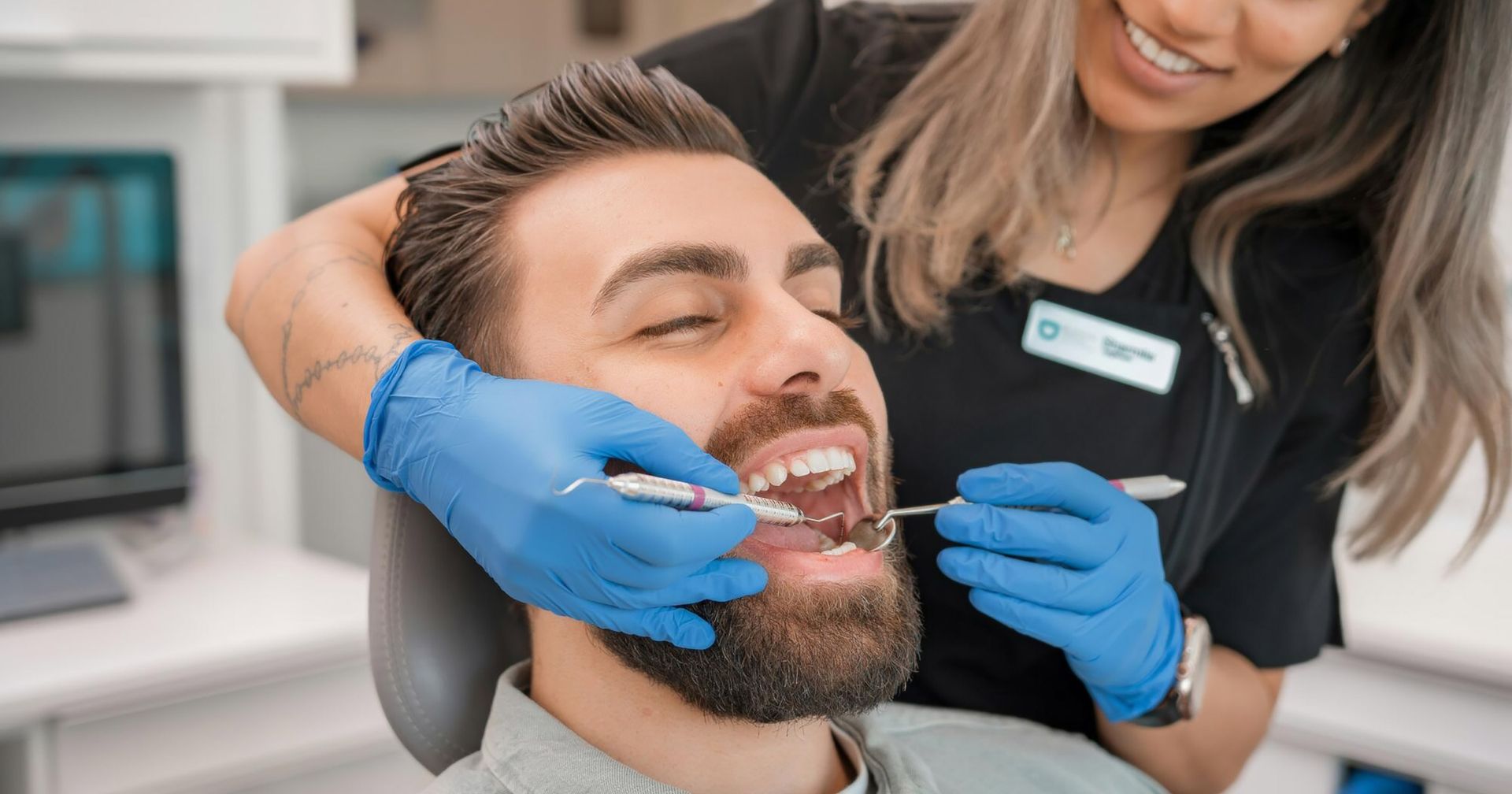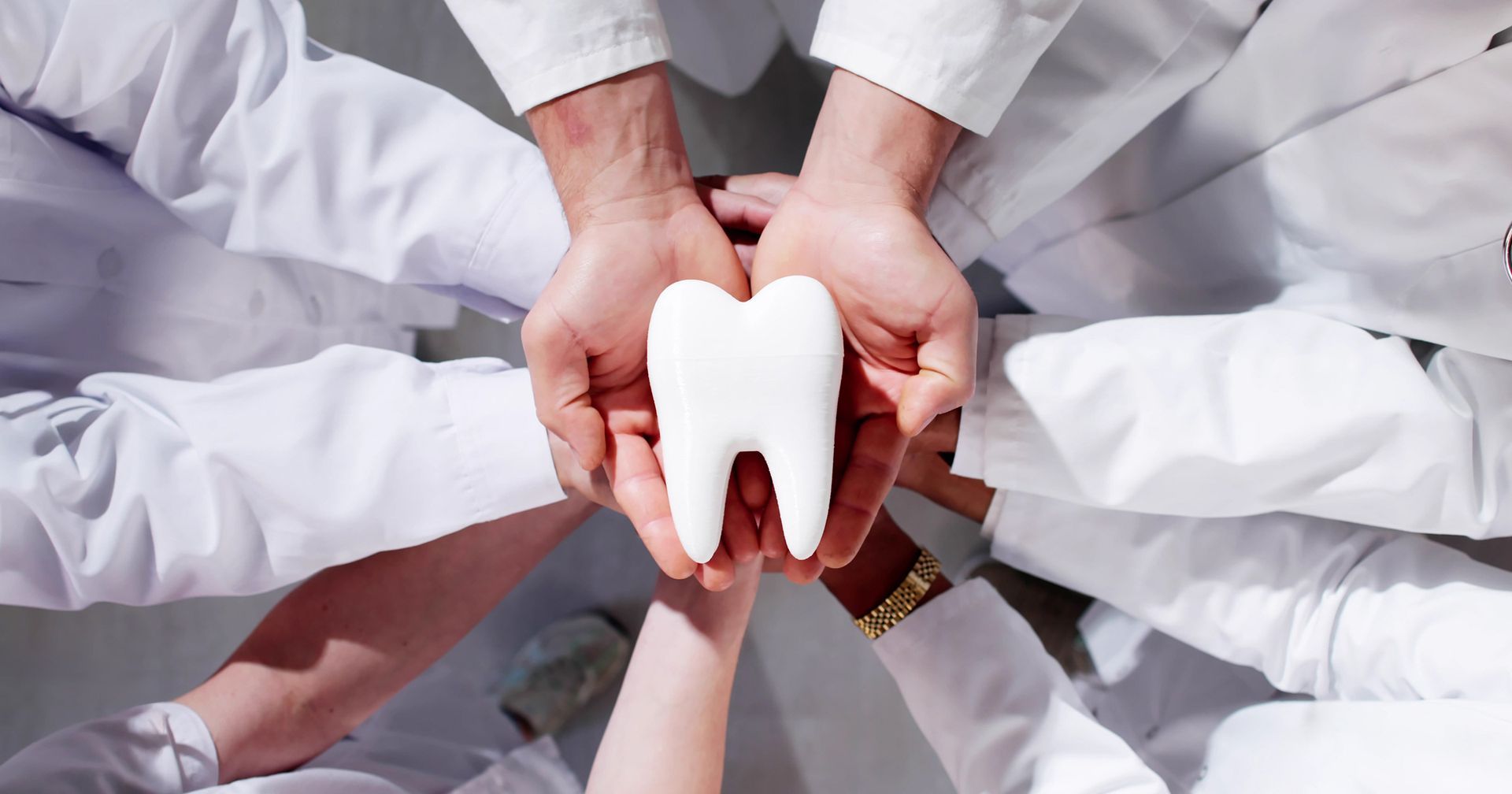When it comes to dental implants, something can go wrong, and these occurrences are quite common. Albeit, these issues are short-lived and easily mitigated. Most of the problems will occur at the earlier stages before the tooth itself even gets attached.
Infection/Inadequate Healing
Dental implants are installed through the surgical process. The staff will follow all of the sterile and aseptic methods, which are instilled in decreasing the likelihood of infection. However, mouths are typically very bacteria-welcoming, so infection is quite common.
From the procedure, you can expect mild pain, swelling, and discomfort for several days. But anything beyond that might warrant the presence of a greater issue, which should be mitigated via dental work.
Inadequate healing and infections
are directly associated with the after-care that the patients followed or chose not to after surgery. Very rarely does an infection develop much later after surgery. Also, there might be an underlying issue that was not identified before the surgery which could have caused the infection.
If the infection is recognized early and dealt with accordingly, then the later stages of surgery can continue to become a treatment success.
Also, if you suffer from diabetes, cancer, or gum disease, delayed healing is imminent. This is also the case for people who take medications, drink alcohol, and smoke. Your surgeon must be aware of all of these conditions prior to the medical procedure.
Surgical Procedure
When it comes to getting dental implants, it's very important that you find a dentist who has been registered and properly certified with all of the necessary associations.
Dentists who have made their way in the realm of their industry, both in education and experience will be keen on the value of sterility and other techniques. They will understand the proper guidelines and procedures, which reduces your risk of dental implant problems.
Movement of Implant
A dental implant must be immobile for many weeks, in order for osseointegration to occur. Any movement will hinder this process, and result in an unstable solution. In the first 12 weeks, the implant is vulnerable to not growing in the bone, which leads to soft-tissue ingrowth.
That is something you don't want to happen, and you will end up back on the dentist's chair in no time, as the pain would be unbearable. Follow the dietary recommendations to ensure that your implant is not mobilized by chewing.
Unsubstantial Bone
A successful implant is one that fuses with the bone at all sides. If your bone is deficient or not dense enough, your dentist will need to perform several other steps to ensure that the bone can support the growth around the implant.
Not Adhering to Instructions
Not following the instructions of your doctor will result in some sort of dental implants problems. These instructions are usually very direct, such as keeping your mouth clean and reducing physical activity.
You will also have to follow dietary guidelines and take medication as prescribed.
Bisphosphonates Complication
The bisphosphonates are a type of medication that is taken for osteoporosis and bone loss. These most common are Actonel, Bonica, Reclast and Fosamax.
These drugs work by inhibiting the osteoclastic activity, meaning they prevent these cells from destroying bone. However, osteoclasts play a large role in osteoblast, which are the other cells that produce the materials that create the bone.
It is shown that the use of bisphosphonates can lead to a greater risk of osteonecrosis in the jaw. This condition is severe, albeit the risk is very minimal. However, you should tell your doctor if you are taking these medications, either as cancer or osteoporosis treatment.













